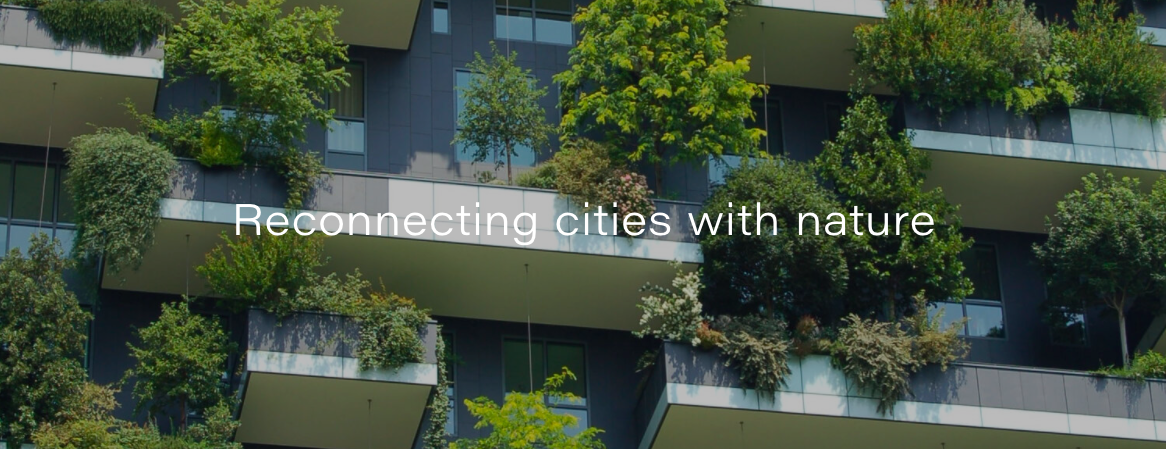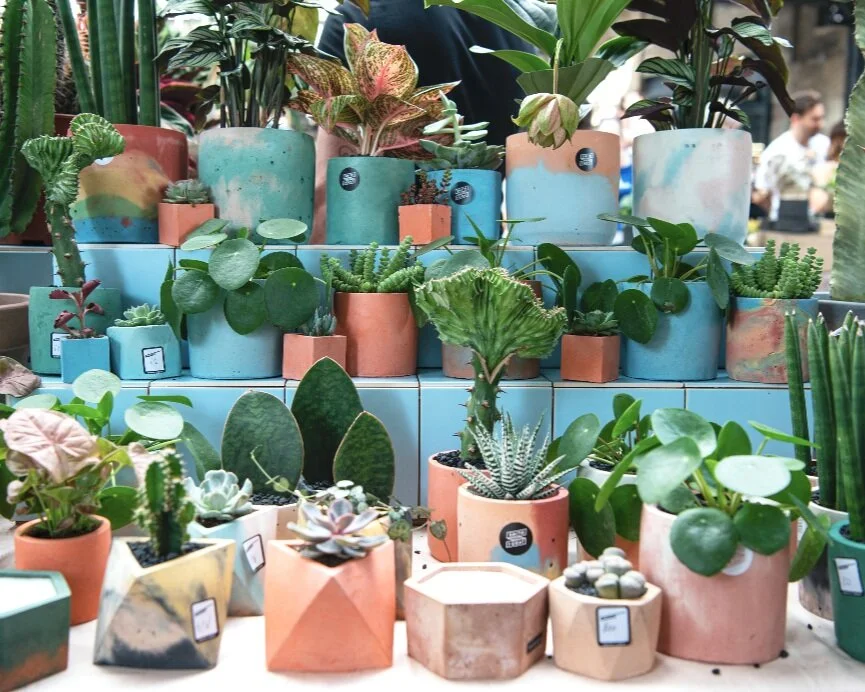Bosco Verticale, Milan. Image Tom Shaw Photography
Planted is an exciting new contemporary design event, reconnecting cities with nature. It’s aim is to present a vision of urban living by showcasing beautiful products and design ideas fit for a sustainable future.
We were flattered to be asked to take part in Planted Unearthed; their series of conversations with businesses, individuals and key figures within the sustainable design sector.
We look forward to Planted holding their inaugural event in London in 2021. Learn more about Planted and what is in store here.
Read on below for the Q&A with Planted’s co-founder Sam Peters…
Welcome everybody to the third edition of our new series of Planted Unearthed.
At Planted we’re lucky to have met some wonderful people and businesses since we set up and none more so than during the coronavirus enforced lockdown. The need for a collaborative and community centred approach has never been more relevant and sisters Jemma and Annie Charman, co-founders of Green Rooms, have been focusing on that side of their business in recent weeks. By pivoting quickly to the online retail side of their business and working collaboratively with UK nurseries, designer makers and growers these two brilliant businesswomen have given their brand the very best chance of flourishing, despite extremely challenging market conditions for everyone involved in events. Last week Planted Unearthed caught up with the London-based duo.
Jemma, Annie, welcome to Planted Unearthed!
Annie/Jemma: Thanks for having us.
Sam: Jemma perhaps if I could start with you. How are you finding the lockdown?
Jemma: It’s very different isn’t it? It’s a juggling act in terms of day jobs, Green Rooms and childcare. We’re really lucky we’ve got small gardens we can spend time in. We’re trying to find positive ways to deal with it.
Sam: Annie, I know you’ve got children at home and lots to juggle. How are you finding things?
Annie: Everything is tinged with uncertainty and sadness with a bit of anxiety. But at the same time I feel lucky. Our families and friends have stayed healthy which is the main thing. We’ve got a little one at home but as Jemma said having a garden has been a huge benefit.
We’re looking to stay on the positive side trying to stay connected with our friends and looking at different parts of the Green Rooms business we didn’t have time for before. We’re doing that as much as possible.
Sam: It is especially tough for people who bring things together. How has it affected your business and the world of plant markets?
Jemma: It’s hugely affected Green Rooms. It’s meant we can’t hold our physical markets which we would have done during this lockdown period but haven’t been able to do so.
Unfortunately we had one of our biggest events planned with Old Spitalfields Market at the end of April that couldn’t happen in the physical sense. We had so much planned. Loads of new stallholders, some brilliant people to talk and exciting new workshops. We have tried to do that online as much as possible.
It’s allowed us to really focus on online which is something we’ve wanted to do for a long time but haven’t had the time. That’s been a big positive for us.
Sam: So many people have connected with nature during this pandemic and the beneficial effects of being surrounded by plants. That must be encouraging longer term.
Annie: Definitely. It’s something that’s been coming anyway. There’s been lots of talk about bringing plants into your life and reconnecting with nature in recent times but this has really accelerated that process. That’s really encouraging to see. I hope it’s sparked something in people that does remain. We focus primarily on house plants and indoor plants and people always ask us if it’s just a fashionable fad.
We always say no. It’s like outdoor gardening because people fall in love with it and once you start it becomes part of your life and you’re always learning. There’s so much to learn. That’s the best thing about it for me. People bring nature into their lives and it stays with them.
Hopefully people doing a bit of edible gardening for the first time or planting in window boxes, even if it’s just in really small spaces, it’s something which stays with them and grows.
Sam: That’s certainly been the case in our home. It’s such a nice thing to do as a family. You’ve definitely got some future customers here. Have you started to think about how you bring people together in future? Is it all going to be online?
Jemma: The online for us will definitely be a really big part of our business going forward, regardless. We have a virtual market online where we have a section on our website which brings our stall-holders together so customers can browse and shop from the traders online.
That’s been really popular and will definitely grow over time.
The physical market, we are struggling at he moment to see how if there is an element of social distancing which has to remain in place for months ahead. It will be really difficult to effectively manage crowd flow and logistics to still have the same effect and enjoyment which our markets had before. There’s going to have to be huge changes which are going to have to happen.
It’s difficult to imagine the sort of venues which are going to be able to accommodate those sort of social distancing practices and allow us to keep the numbers of stall-holders and visitors that we would have had before.
At the moment the honest answer is we don’t really know. It’s a lot to take on board and a lot to think about.
Photo by Peach at Green Rooms Market July 2019
Sam: It’s so hard for so many people, isn’t it. I guess from uncertainty comes creativity and it’s beginning to look like some positives as well as negatives. What are those positives, do you think?
Annie: Business wise and Green Rooms wise it will be about reaching new audiences. We’ve done events in Margate which have been great but otherwise we’ve been really London-centric. Going online has enabled us to reach traders and customers we wouldn’t have reached before.
We’ve always been so proud of our community of stall-holders, the traders really are so supportive of each other and of us. Now we’ve seen that even more. That really has been such a nice thing to come out of this. That’s definitely across lots of industries I’m sure. It’s a huge positive and something that will hopefully continue on.
We’ve seen lots of new businesses completely pivot in the way they do business. Quickly getting up and running online which they hadn’t done before. Being really busy. It’s tinged with staying safe and not running themselves into the ground and getting unhealthy with it but we’ve seen some real positive outcomes for small businesses. Obviously it’s been really tough for a lot as well but the fact so many people wanted more plants and nature in their lives has meant the gardening industry, parts of it, has been able to pivot and get great success out of this. Hopefully it won’t hit everyone too hard.
Sam: Jemma, if I could ask you about sustainability and sourcing products more locally. Will it be the case people look to source more locally in terms of plants and flowers?
Jemma: I think so, yes. Definitely in other industries such as food and produce to eat and drink has hugely uplifted in terms of people wanting to support their local businesses. I’m sure it will have a similar effect in plants and flowers. The plant market, especially indoor plants, is very reliant on Holland for sourcing. But there are a huge amount of great, brilliant UK growers and nurseries and I’m sure with this there’s going to be an element of people going to want to make sure they are supporting local businesses if they can.
That’s also down to us as an industry to make sure consumers know there are UK growers around to buy from. They don’t always have to be go to the large chains and supermarkets to buy plants from. They can look for more local businesses.
We’re working really hard on our virtual markets to make sure everything we do with our stall holders is always to try to promote the smaller nurseries and growers, designer-makers and creators from the UK and around us.
We’ve got our plant shop directory which is a map on our website where people can just search by postcode or area to find plant shops, garden centres and growers and nurseries to shop from. That’s very much in our plans to grow more because we’re definitely seeing an increase in demand for sourcing more locally.
Sam: There are so many benefits to being around nature and plants. Jemma, can you let us know how you’ve styled your home?
Jemma: Plants have been in our lives all our lives. Our parents were garden designers and for as long as we can remember we’ve had plants in our lives. We moved to London and have been here over 10 years.
It’s been a real desire for me and Annie to have more plants in our houses. Especially living in such an urban environment. For me though it’s not to do with the look of it, I just find it so lovely to get home from work and spend five or ten minutes looking around the plants. Checking them for bugs, misting them and looking for new growth. It’s just one of the best and most therapeutic things I can do.
Sam: It’s nice to nurture something when so much feels out of control, I guess?
Both: Absolutely.
Sam: Jemma, Annie, it’s been really lovely speaking with you. You’re doing amazing work. Two fantastic businesswomen with a brilliant business coming up with new ways to change, adapt and overcome to make the best of what’s obviously a really difficult situation for everyone.
We’re really grateful for your time and we’re looking forward to working with you in the future. Take care guys.
Both: Speak to you soon!




